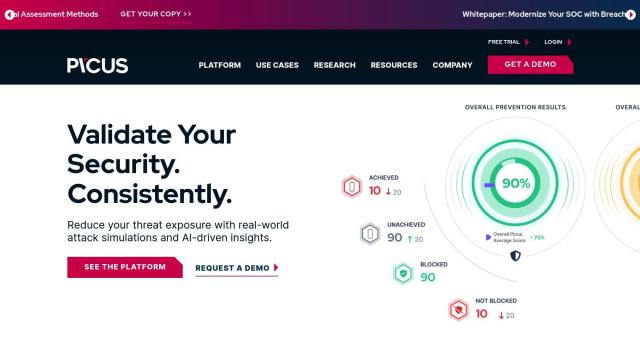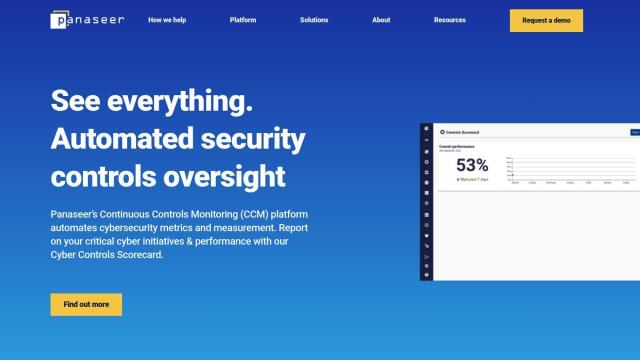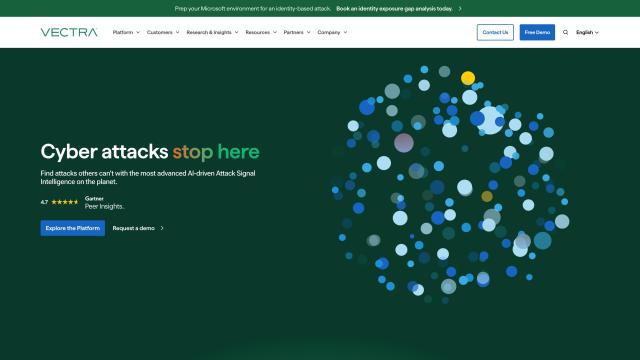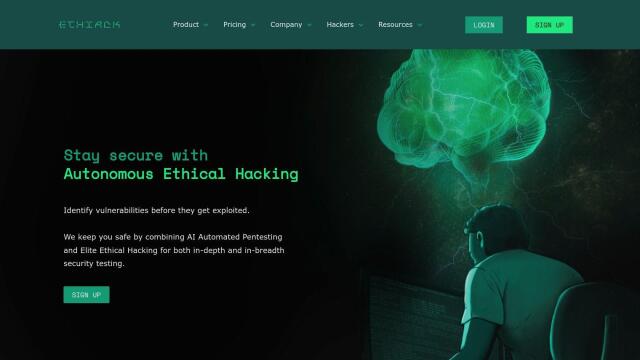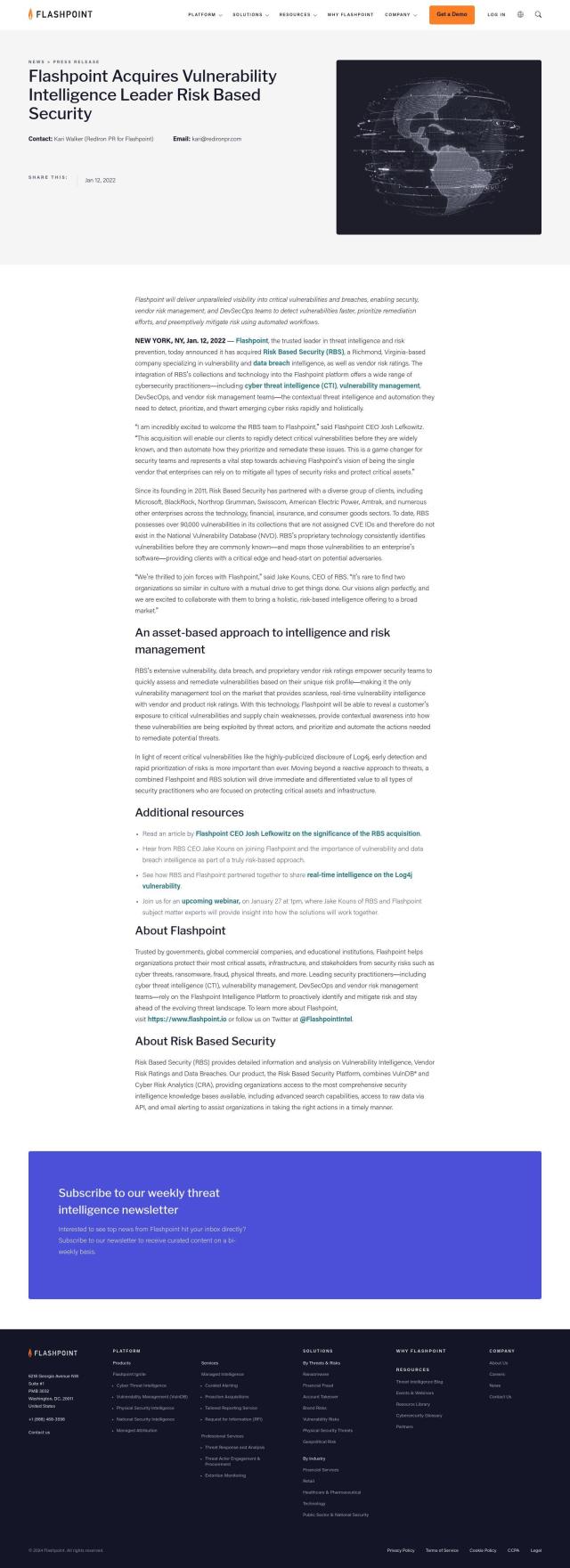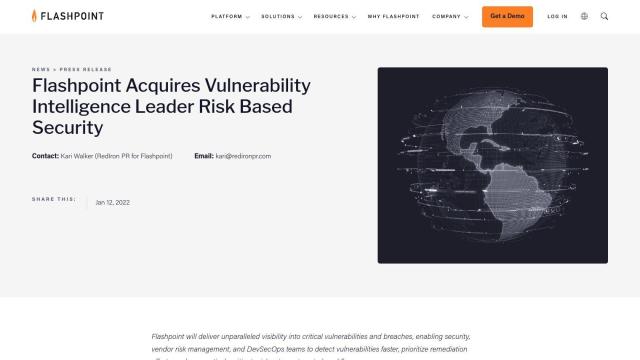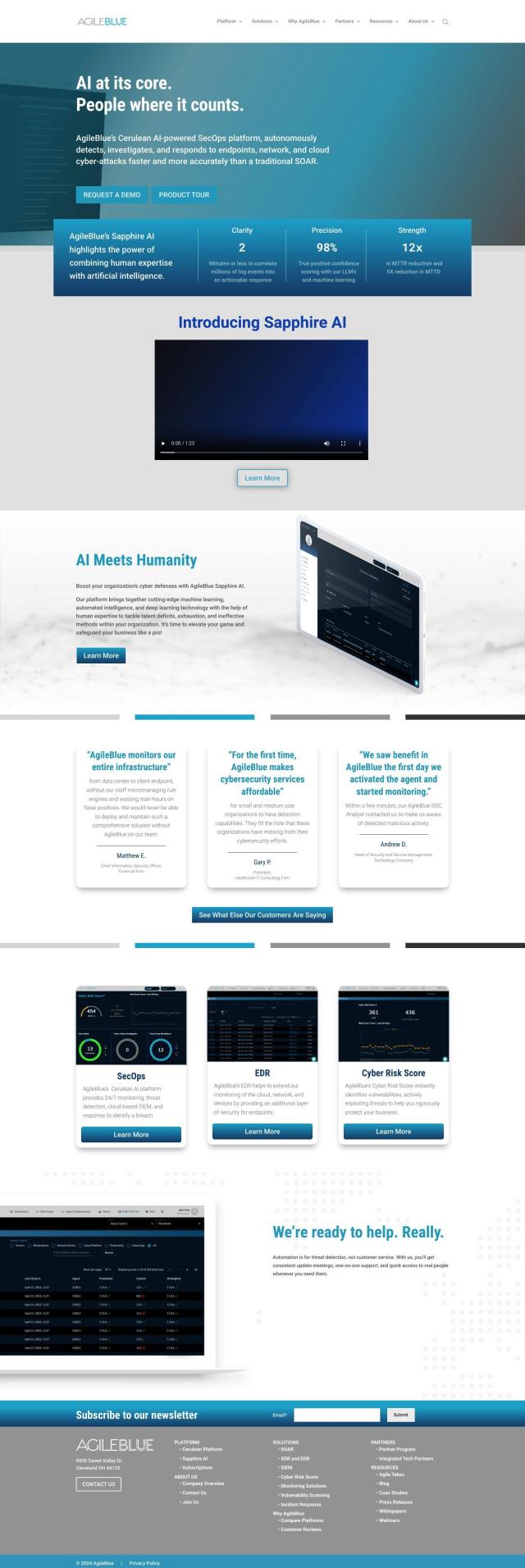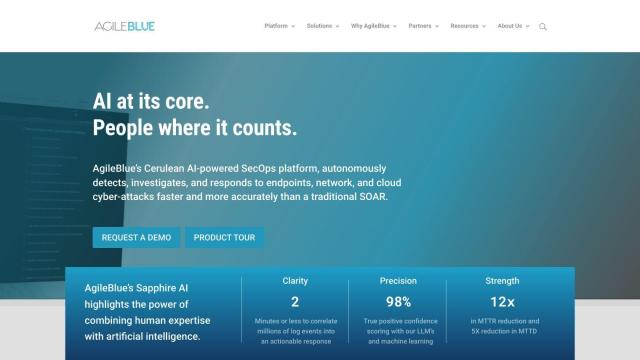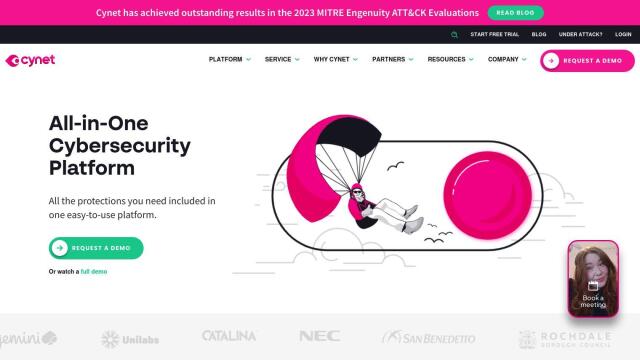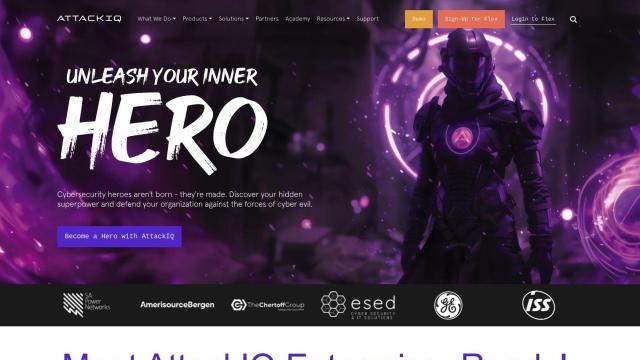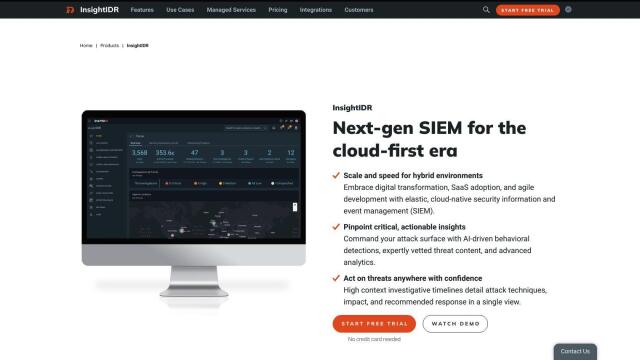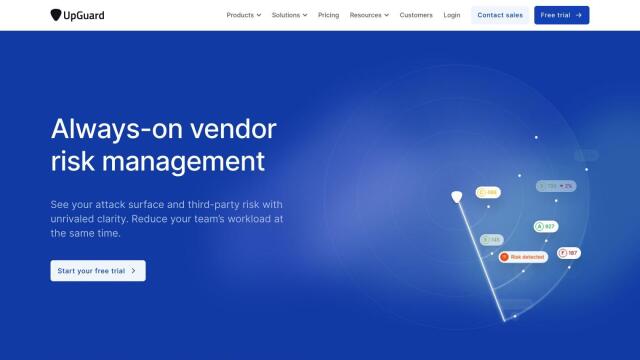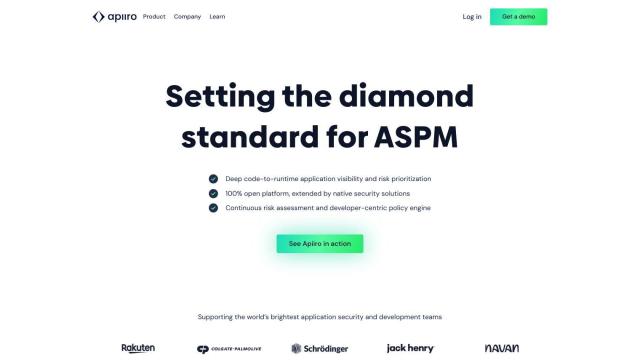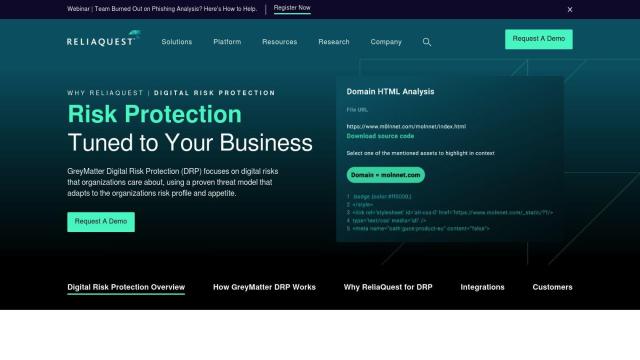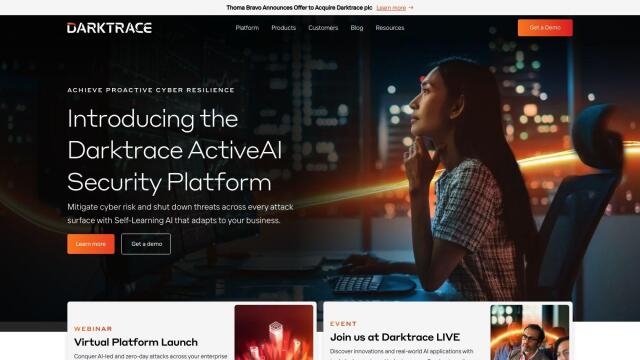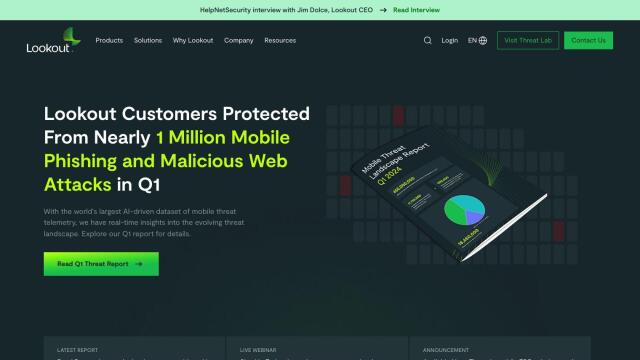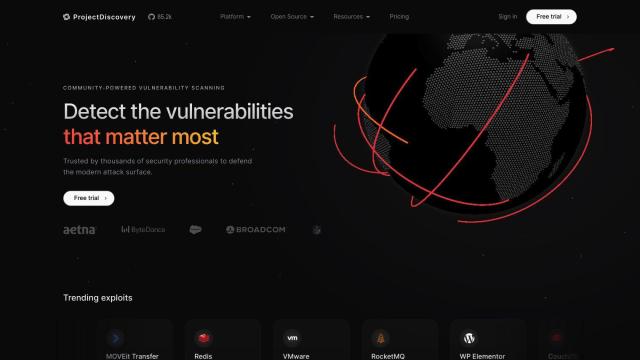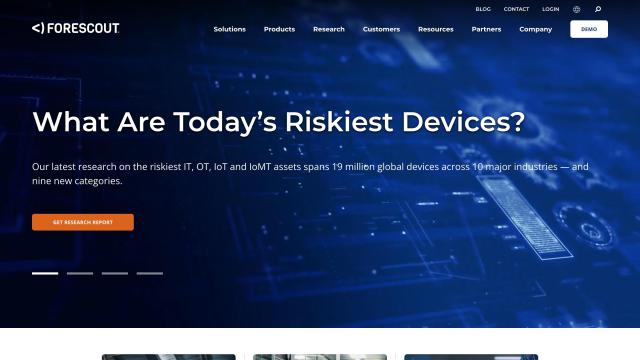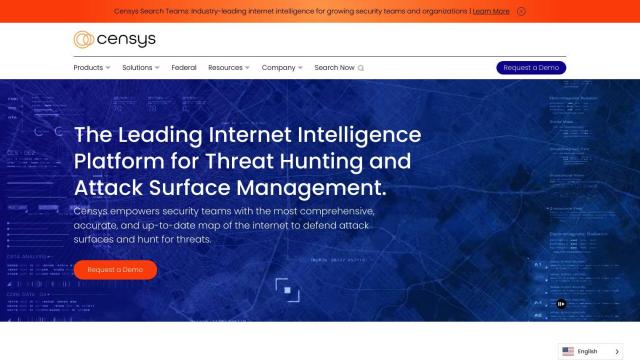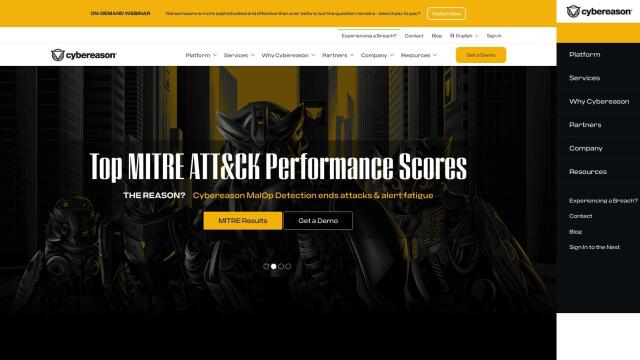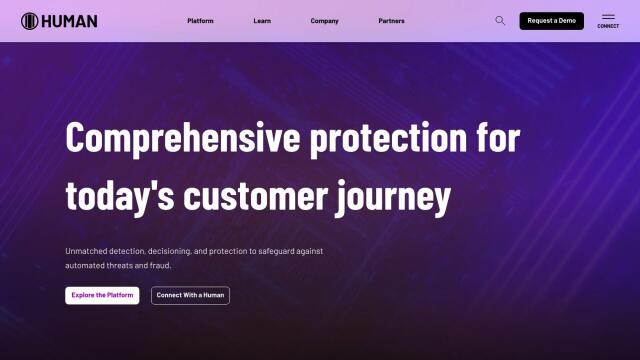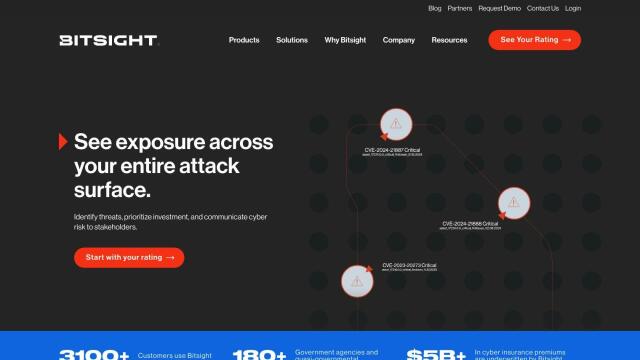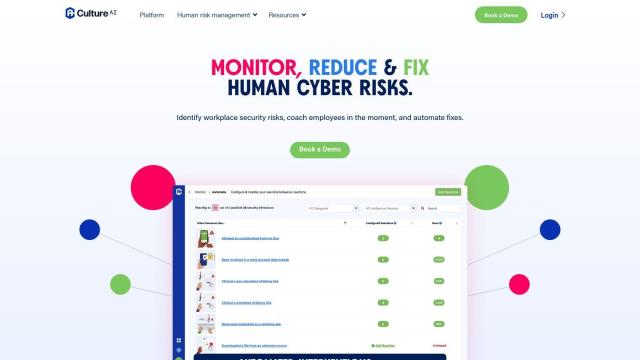
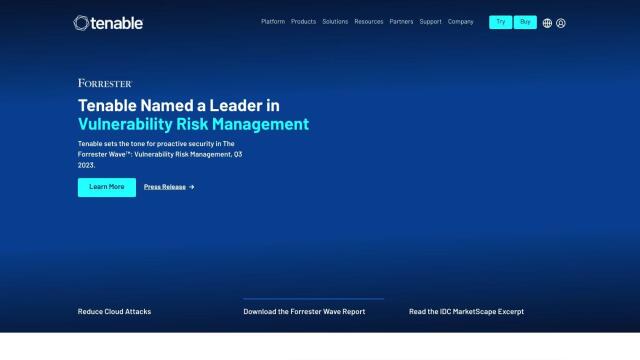
Tenable
If you're looking for a more mature Picus alternative, Tenable is worth a serious evaluation. Tenable has a broad suite of vulnerability management, cloud security, and operational technology (OT) security products that can assess and prioritize vulnerabilities in real time. With features like exposure metrics, attack path analysis and GenAI analytics, it can help organizations understand and mitigate cyber risk across their full attack surface. Tenable has customers in automotive manufacturing, energy, finance, healthcare and oil and gas, and has compliance with many regulations.
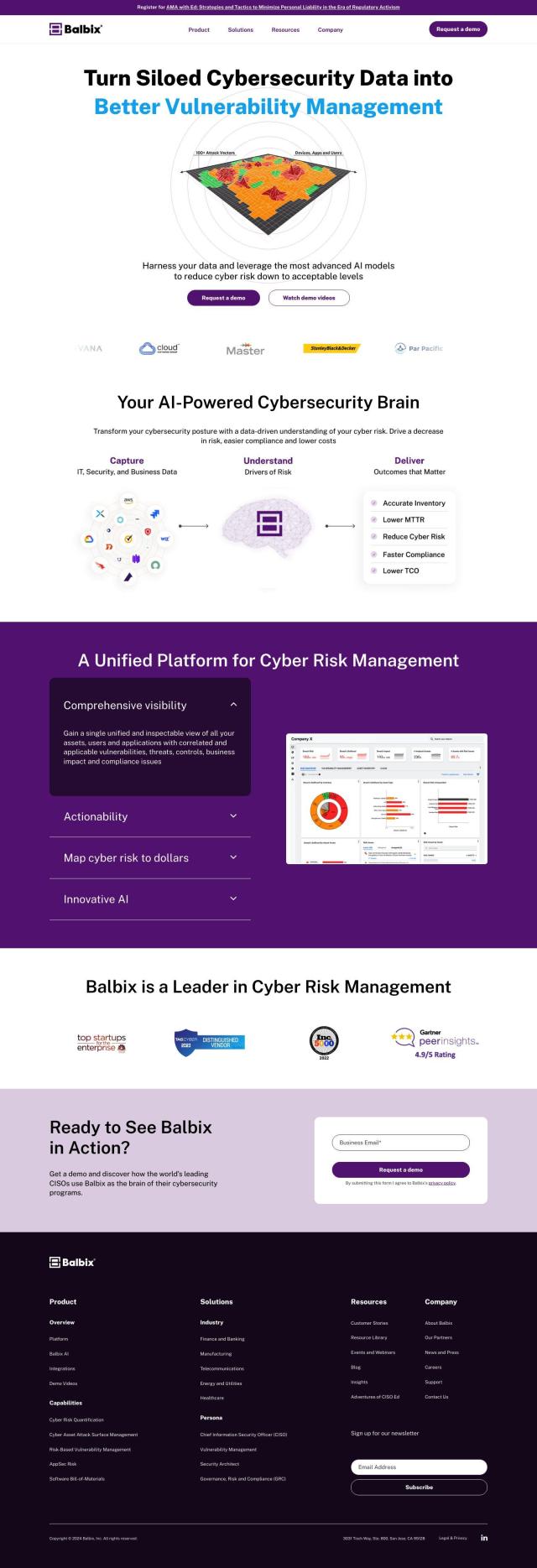
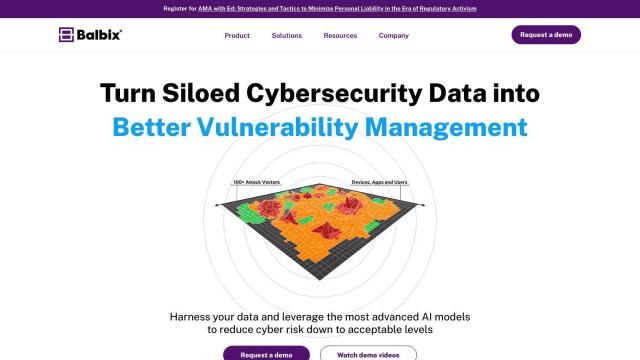
Balbix
Another alternative worth considering is Balbix, which is designed to help with cyber risk management through machine learning and other AI models. It offers a unified view of an organization's attack surface, identifying the most critical vulnerabilities and offering remediation advice to lower risk. Balbix offers modules for cyber asset attack surface management, risk-based vulnerability management and cyber risk quantification, so customers can focus on the most important vulnerabilities and express cyber risk in financial terms. It's designed to be modular so customers can pick and choose the modules that best fit their security program needs.

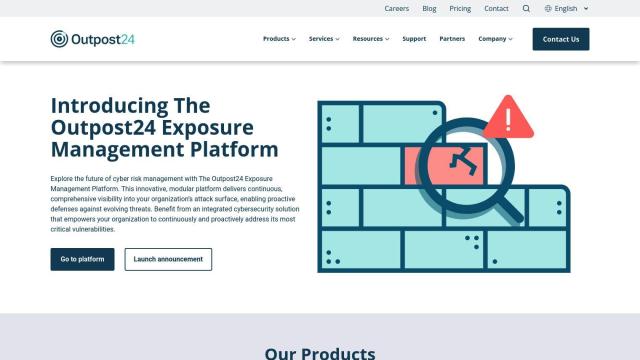
Outpost24
If you want continuous visibility and proactive threat defense, you might want to look at Outpost24. Its Exposure Management Platform offers continuous visibility and real-time monitoring, with modules for cyber threat intelligence, external attack surface management and risk-based vulnerability management. Outpost24 also offers continuous threat exposure management with a prioritized remediation workflow to ensure security teams are focusing on the most critical vulnerabilities. It's got more than 2,000 customers around the world, so it's a good option for companies of all sizes.

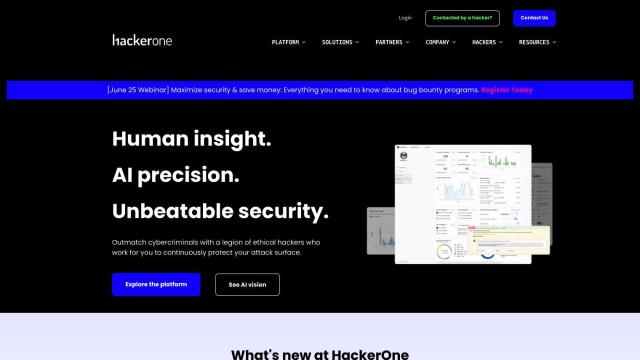
HackerOne
Last, HackerOne uses a global network of ethical hackers to find and fix vulnerabilities through a range of services like penetration testing, bug bounty and vulnerability disclosure programs. HackerOne's platform is geared for industries with a high security risk, like finance, health care and e-commerce. It marries human expertise with AI to help companies improve their digital security and respond to emerging threats. It's a good option for security control validation and reducing threat exposure.

